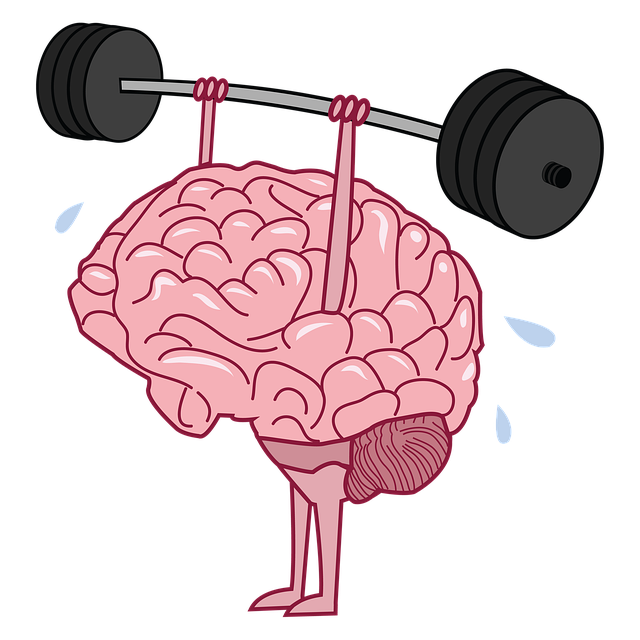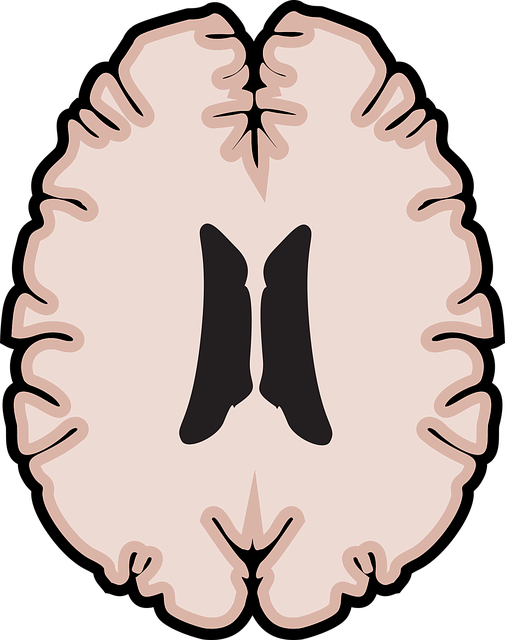Denver Dissociative Disorder Therapy (DDDT) offers a specialized, comprehensive approach to mental wellness for individuals with dissociative disorders, combining cognitive and emotional healing techniques. Evaluating DDDT involves both quantitative methods like standardized questionnaires and qualitative approaches such as interviews and client feedback, ensuring tailored care based on diverse needs. Quantitative assessments track progress and predict risks, while qualitative analysis provides nuanced insights into client experiences and personalized intervention strategies. Integrating client and staff feedback drives continuous improvement in therapy techniques and the therapeutic environment, enhancing long-term well-being for those with dissociative disorders in Denver.
Mental wellness program evaluations are crucial for measuring effectiveness and guiding improvement. This article explores a comprehensive range of evaluation methods, from the unique Denver Dissociative Disorder Therapy (DDT) approach to advanced quantitative and qualitative analyses. We delve into assessment techniques, highlighting how DDT’s innovative practices can enhance traditional metrics. Additionally, we discuss integrating feedback for continuous improvement, emphasizing the importance of both numerical data and qualitative insights in optimizing mental wellness programs.
- Understanding Denver Dissociative Disorder Therapy: A Unique Approach
- Assessment Techniques for Mental Wellness Programs
- Measuring Program Effectiveness: Quantitative Methods
- Qualitative Analysis in Evaluating Therapeutic Outcomes
- Integrating Feedback: Continuous Improvement Strategies
Understanding Denver Dissociative Disorder Therapy: A Unique Approach

Denver Dissociative Disorder Therapy (DDDT) stands out as a unique approach within mental wellness program evaluation methods, specifically tailored to address dissociative disorders. This therapeutic framework goes beyond traditional talk therapy by integrating diverse techniques that encompass both cognitive and emotional healing processes. DDDT is designed to help individuals regain control of their thoughts and emotions, fostering a deeper sense of self-awareness and understanding.
The method prioritizes mental health education programs that teach clients coping mechanisms for managing stress, a key aspect in dissociative disorder therapy. Through interactive sessions, participants learn to identify and process repressed memories, reduce dissociation symptoms, and enhance their overall well-being. This holistic approach not only focuses on the present but also equips individuals with tools for long-term emotional resilience, making it a potent strategy within the evaluation and treatment landscape of mental health services.
Assessment Techniques for Mental Wellness Programs

Evaluating mental wellness programs involves a multifaceted approach, with assessment techniques playing a crucial role in understanding their effectiveness. One widely recognized method is the use of standardized questionnaires and surveys designed to assess symptoms, quality of life, and treatment satisfaction. These tools provide quantitative data that can be analyzed to track progress and identify areas for improvement in Denver Dissociative Disorder Therapy, among other mental health services. For instance, measures like the Beck Depression Inventory or the Symptom Checklist-90 (SCID) are commonly employed to quantify mood disturbances and various psychiatric symptoms.
In addition to quantitative assessments, qualitative methods offer a deeper understanding of clients’ experiences. Semi-structured interviews, focus groups, and client feedback sessions allow for exploration of personal narratives, perceptions of therapy, and perceived benefits. These approaches are particularly valuable in examining factors like Inner Strength Development, Mood Management, and Cultural Sensitivity in Mental Healthcare Practice, ensuring that mental wellness programs are not only effective but also tailored to meet the diverse needs of their clientele.
Measuring Program Effectiveness: Quantitative Methods

Measuring program effectiveness is a crucial aspect of evaluating the success and impact of mental wellness initiatives, including those focused on complex conditions like dissociative disorder. Quantitative methods offer structured approaches to assess the outcomes of Denver Dissociative Disorder Therapy (DDDT) programs. These methods involve collecting and analyzing numerical data to gain insights into changes within participant populations over time.
One common quantitative approach is the use of risk assessment tools, which can gauge the severity of symptoms and predict potential risks for patients. By comparing these assessments before and after the program, mental health professionals can evaluate the effectiveness of DDDT in reducing dissociative symptoms and enhancing resilience-building strategies. Additionally, stress reduction methods often employed in these programs can be quantified through surveys and self-report measures, providing data on participants’ perceived levels of stress and their improvement over time.
Qualitative Analysis in Evaluating Therapeutic Outcomes

In evaluating therapeutic outcomes, particularly for conditions like Dissociative Disorder, qualitative analysis offers a powerful lens to understand the nuances of client experiences and progress. This method involves delving into clients’ stories, perceptions, and emotions, providing insights that quantitative measures might miss. Through in-depth interviews and focus groups, therapists can uncover the complex journey of individuals navigating their mental wellness, including the challenges they face and the strategies that resonate with them, such as Empathy Building Strategies or Resilience Building exercises. By examining these qualitative data, practitioners at Denver Dissociative Disorder Therapy gain valuable insights into the effectiveness of interventions and identify areas for improvement, ensuring a more personalized approach.
Furthermore, qualitative analysis allows for an exploration of clients’ subjectivity, including their experiences with boosting confidence and self-esteem. This is crucial in therapeutic settings where building resilience and fostering a positive sense of self are key objectives. By listening to clients’ narratives, therapists can tailor interventions that not only address symptoms but also empower individuals to embrace their unique strengths and cope effectively with life’s challenges.
Integrating Feedback: Continuous Improvement Strategies

Integrating feedback is a cornerstone of any effective mental wellness program. It allows for continuous improvement and ensures that services tailored to individuals with dissociative disorder in Denver, like those offered by healthcare providers specializing in this field, remain relevant and impactful. By soliciting and analyzing feedback from both clients and caregiving staff, programs can pinpoint areas needing enhancement, be it refining therapy techniques, improving communication strategies, or enhancing the overall therapeutic environment.
This data-driven approach fosters a culture of cultural competency training among healthcare providers, focusing on understanding and addressing diverse needs within the community. It also strengthens resilience building initiatives by identifying effective stress management tactics that resonate with clients. Through regular feedback integration, mental wellness programs can evolve to better support individuals struggling with dissociative disorders, ultimately enhancing outcomes and promoting long-term well-being.
The evaluation of mental wellness programs is a multifaceted process, and as seen with Denver Dissociative Disorder Therapy’s unique approach, different methods can yield profound insights. By combining quantitative techniques like measuring program effectiveness and qualitative analysis for therapeutic outcomes, professionals can comprehensively assess the success and impact of these initiatives. Integrating feedback through continuous improvement strategies ensures that mental health support remains tailored to individual needs, ultimately enhancing overall well-being. This holistic evaluation is key to advancing effective mental wellness programs.














